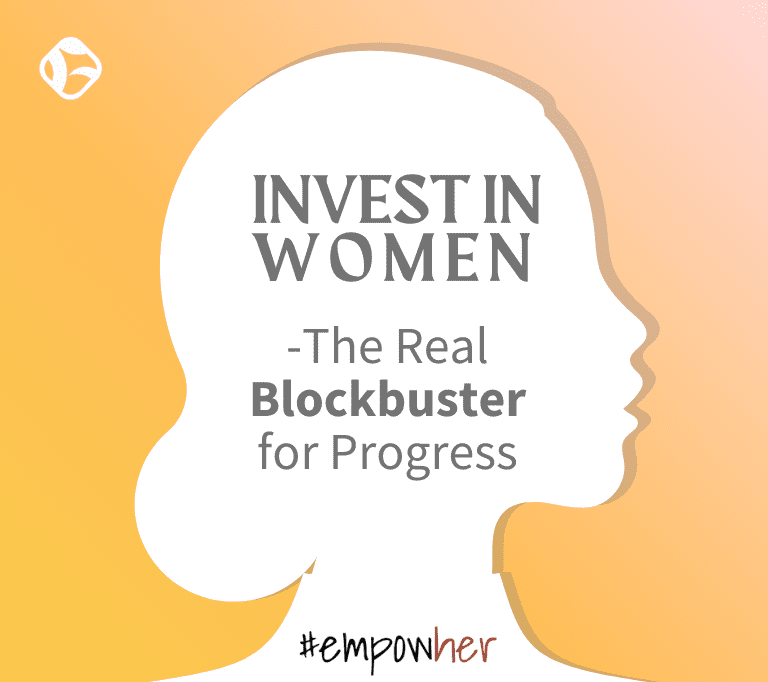The longer I work within the marketing communications industry, I increasingly see an industry asking the wrong questions—in both good and bad ways.
I can already hear people saying, “that doesn’t make sense,” but here’s an example: I read this article today that highlighted what is described as “a simple, effective tick-box questionnaire to evaluate how integrated an agency or in-house team is.”
Now I wasn’t in the presentation this is from, so I don’t have the full context, but when I look at the questionnaire, I just see the wrong questions. Answering these questions doesn’t show that you are working in an integrated manner—it shows what capabilities and tools you have available for use. It might as well be a card for playing ‘buzzword bingo’. AI? Check. Social listening? Check. Content creation? Check. VR? Check. ROI? BINGO!
Yes, we need these tools, but if that’s our proof of integration, we have failed.
Look at the bigger picture. We live in a world where the distance between brands and audiences is smaller than ever before, but the level of distrust between them is greater than ever. Traditional media channels are ignored by an increasing population. People trust their friends’ views/recommendations (and a lot of the times a stranger’s online review) more than a paid promotion.
The question should be ‘how does a brand or your client hit the right target audience and how do we do that in an integrated way’?
But to answer that question, you have to ask a lot of questions that may be considered wrong.
Often, I’ve talked with potential clients who tell me, “this is the audience for our proposition” or “this is the message that needs to be communicated.” However, if you have an inquisitive mind, the more you look into it, the more you realize that assumptions, learned behaviors and previous experience (also known as ‘gut instinct’) have led to that place—without actually challenging previous thinking.
This is where the importance of wrong questions comes in. To ask the ‘why’ or ‘why not’ question can be perceived as negative, wrong, aggressive or ‘just not your place’. However, if you want to show integrated thinking and genuinely deliver ROI for a business (on its bottom line), you have to ask those tough ‘wrong’ questions.
We need to stop playing in the minor league, compared to some of our advertising and digital colleagues. We have to show genuine integrated thought processes that actually deliver. Otherwise, you can have the best tools and capabilities in the world, but that’s not going to deliver integrated campaigns on its own. Focus on the right ‘wrong’ questions to ask.
Is the marketing communications industry increasingly asking the wrong questions in both good and bad ways? Neil Ashurst answers this seemingly contradictory question.








